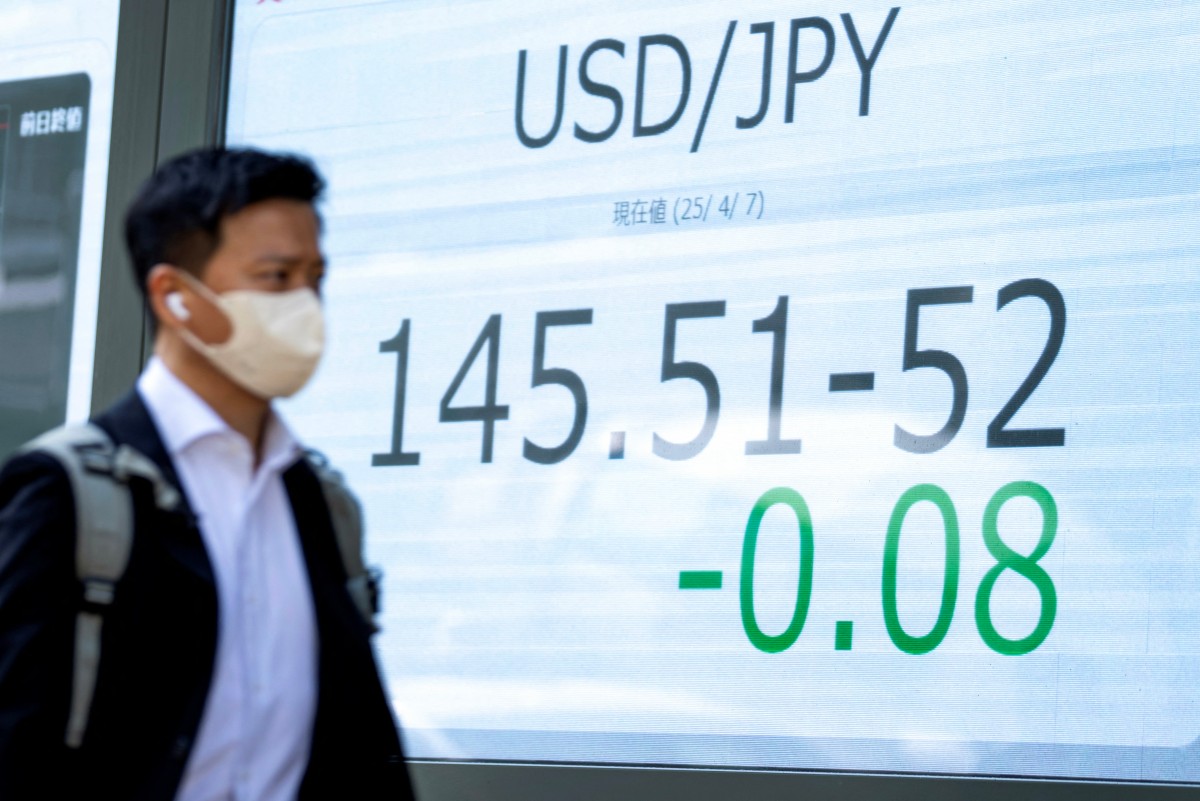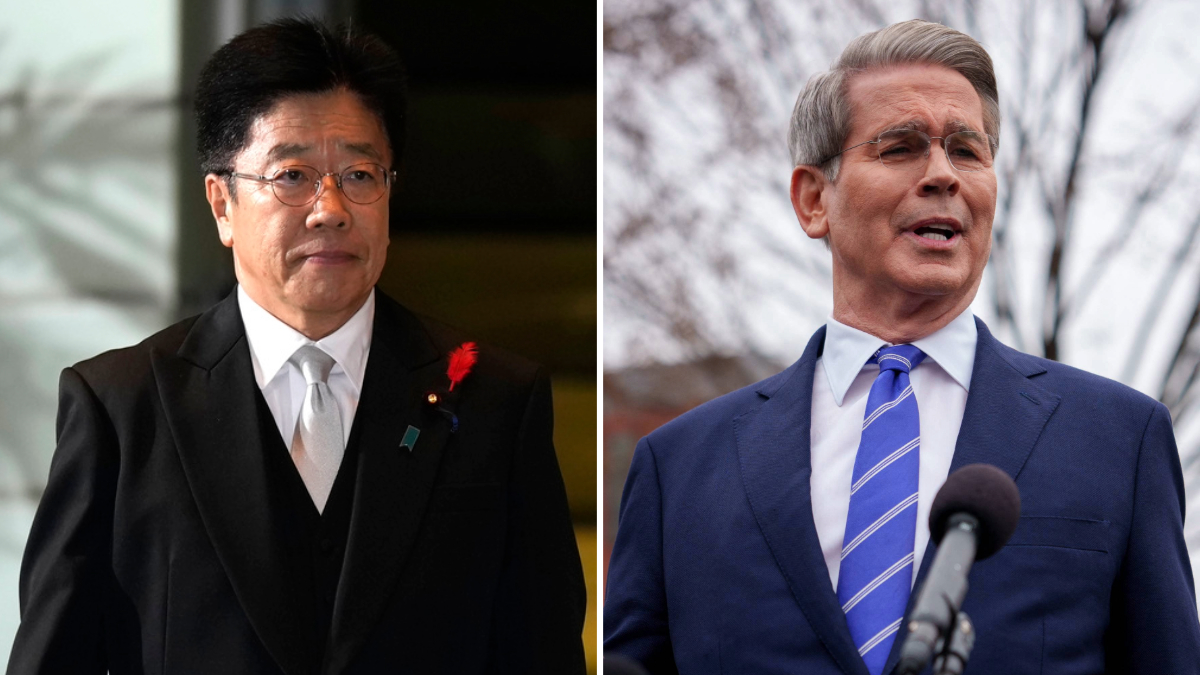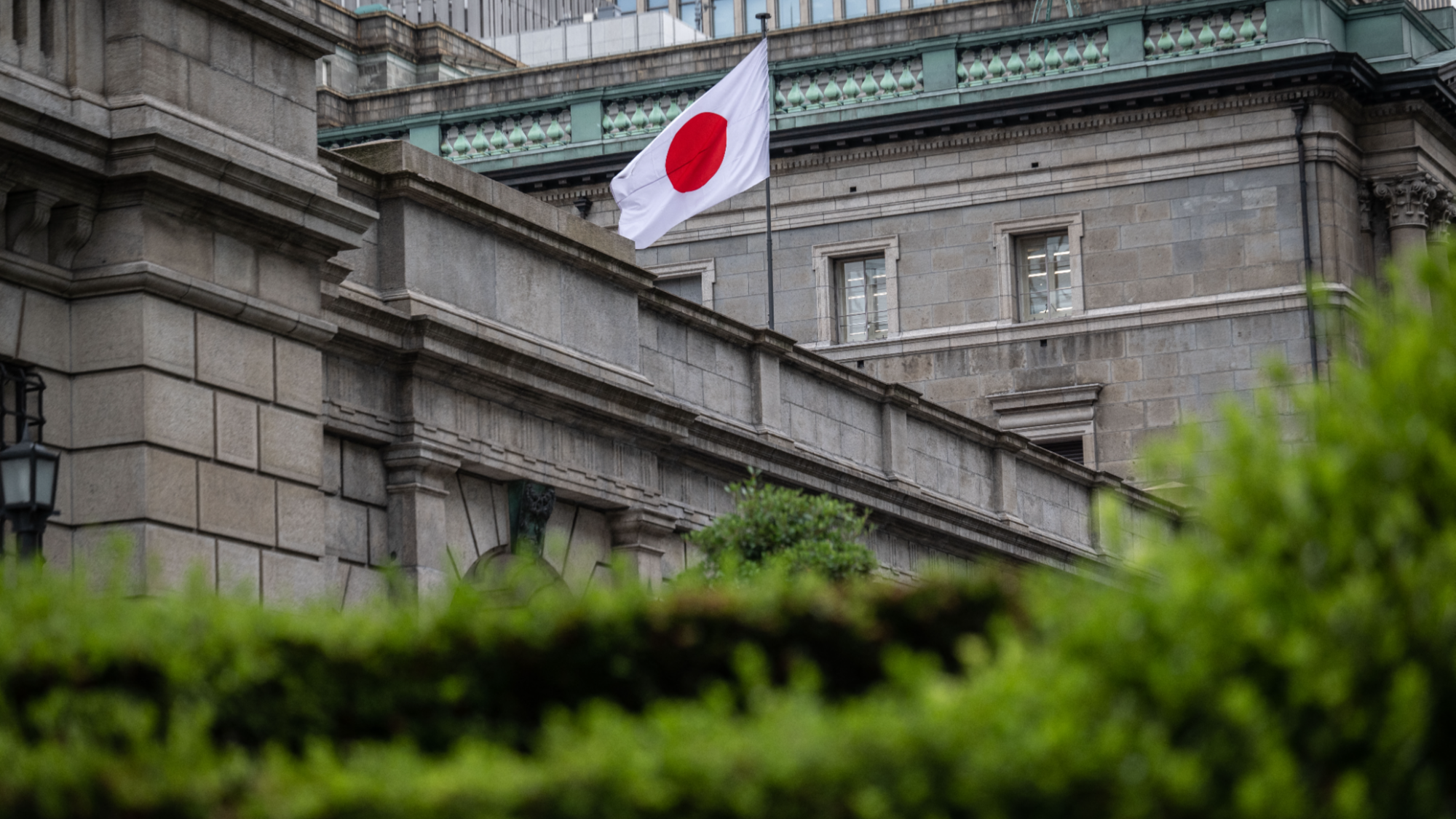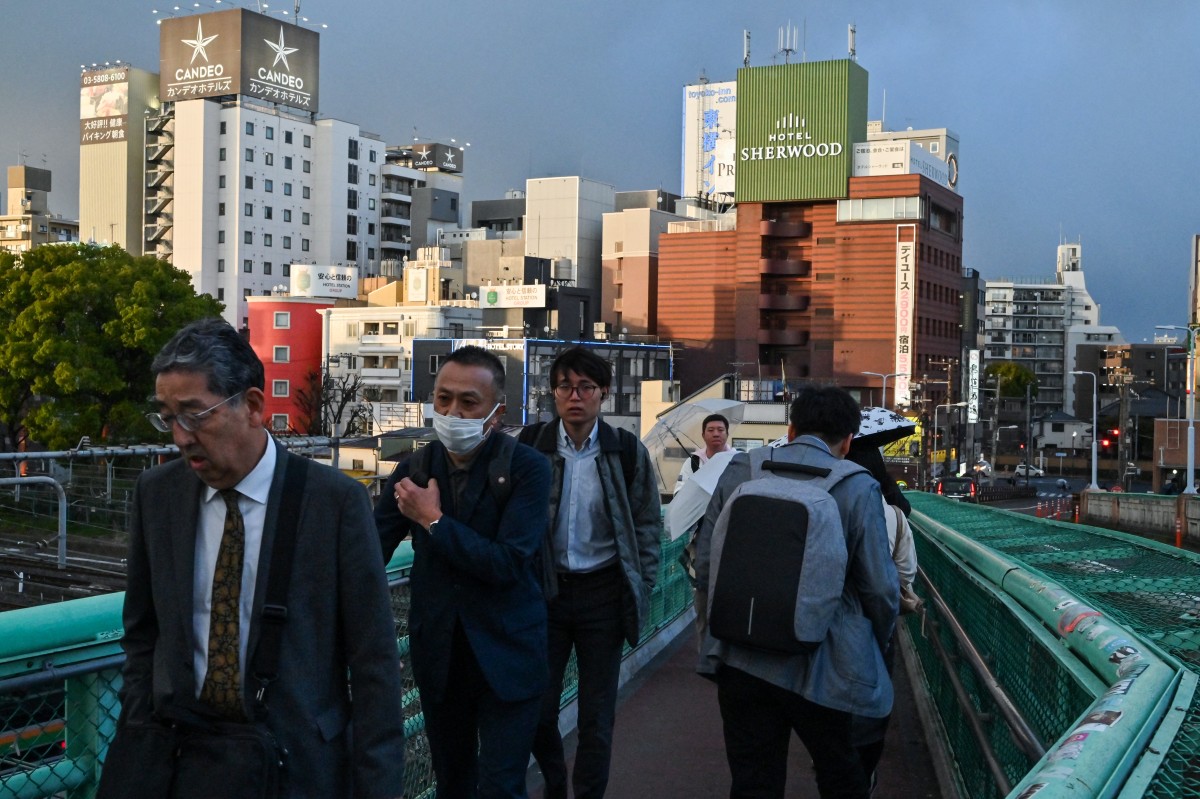
TOKYO - When Japanese Finance Minister Katsunobu Kato meets his US counterpart Scott Bessent in Washington this week, the yen is shaping up to be a major topic of discussion, though sources say Tokyo will push back against any request to boost its currency.
While some analysts bet Washington will pressure Tokyo to help prop up the yen, Japan sees little scope for direct action such as currency intervention or an immediate interest rate hike by the central bank, according to three sources with knowledge of the negotiations.
Rather, Japanese policymakers hope to better understand what the US has in mind on exchange-rate matters, and how they fit into a package of steps the two countries will negotiate in clinching a trade deal, the sources said.
That means the meeting between Kato and Bessent, which will be the first face-to-face talks between the two, will likely underwhelm expectations of some market players for a major, coordinated arrangement to boost the yen.
"Much will be about sounding out Washington's intentions," one of the sources said on Japan's strategy on the expected meeting between Kato and Bessent, which will take place on the sidelines of the spring meeting of the International Monetary Fund in Washington.
The two countries are still arranging a date for the meeting, Kato told reporters on Tuesday. Japanese policymakers say they have yet to receive any specific requests from the US on currency policy.
The last major occasion when the US pressured Japan into strengthening the yen was in 1985, when Washington led the G7 in a coordinated depreciation of the dollar under the Plaza Accord.

Lacking feasible tools
US President Donald Trump's focus on addressing a huge trade deficit, and his past remarks criticizing Japan for intentionally maintaining a weak yen, have led to market expectations that Tokyo will face pressure to strengthen the yen's value against the dollar and give US manufacturers a competitive advantage.
These expectations have fuelled the yen's recent rise to seven-month highs against the dollar.
ALSO READ: Japan seeks 'fairness' in currency talks with US, PM Ishiba says
Bessent has also said he was looking forward to discussions with Japan on tariff, non-tariff barriers and exchange rates.
Sources have previously told Reuters the slow pace at which the Bank of Japan is raising borrowing costs from ultra-low levels could also come under fire in bilateral trade talks.
But there is little Japan can do to influence exchange rates in ways beneficial for both countries. Japan's latest foray into the exchange-rate market was in 2024, when it bought yen to prop up the currency from a nearly three-decade low of 161.99 to the dollar hit in early July.

With broad-based dollar declines already having pushed up the yen to around 140, Japanese officials are wary of taking steps to further strengthen the currency for fear of narrowing exporters' margin at a time of tariff strains.
If Japan were to conduct yen-buying intervention, it would need to sell US Treasury holdings - something Washington may not prefer given the recent US bond market rout.
The hurdle is even higher to use Japan's monetary policy as a means to prop up the yen. The BOJ is in no mood to rush into hiking rates at a time Trump's tariffs threaten to derail Japan's fragile economic recovery.
Hiking rates in response to US demands would also erode the BOJ's independence in setting monetary policy and put the central bank's credibility on the line, analysts say.
"Even if Japan and the US were to discuss currency rates, there's really not much the two sides can do. It doesn't make sense to conduct currency intervention. Rate hikes are also out of the question," said Hiroyuki Machida, director of Japan FX and commodities sales at ANZ.
In the end, the two countries may seek middle ground in the language they use in describing currency moves.
READ MORE: Japan unlikely to compile extra budget for stimulus now
"Both the euro and the yen have risen quite a bit recently, so the US may not want the dollar to fall further," said Katsuhiro Oshima, chief economist at Mitsubishi UFJ Morgan Stanley Securities.
"The two countries might end up just agreeing that stable exchange-rate moves are desirable, and that Japan should avoid intentionally weakening the yen," he said.

Economic outlook maintained
On Tuesday, Japan's Ministry of Finance maintained its overall economic assessment, stating that the country's economy is recovering moderately despite some weaknesses.
The assessment, unchanged since July 2022, is based on a quarterly review of regional economic conditions across the country.
While private consumption is gradually recovering, the ministry noted the effects of rising prices as consumers continue to shift toward more affordable alternatives due to strong cost-saving tendencies.
Production activity remains on a path to recovery, albeit at a slower pace. However, concerns have been raised about the potential impact of US tariff policies.
Employment conditions are slowly improving, but businesses continue to face acute labor shortages.
READ MORE: Japan unlikely to compile extra budget for stimulus now
Looking ahead, the ministry expects a moderate recovery supported by improving employment and income environments, while warning of increasing downside risks due to US trade policies.


